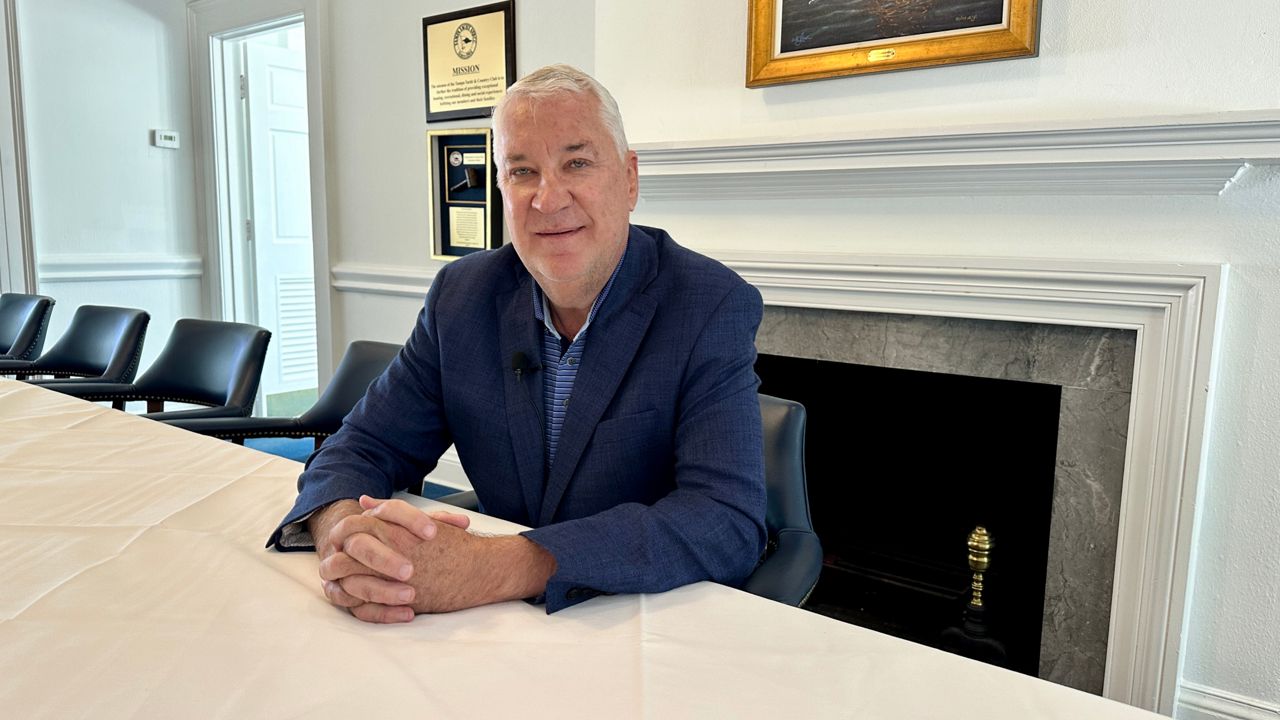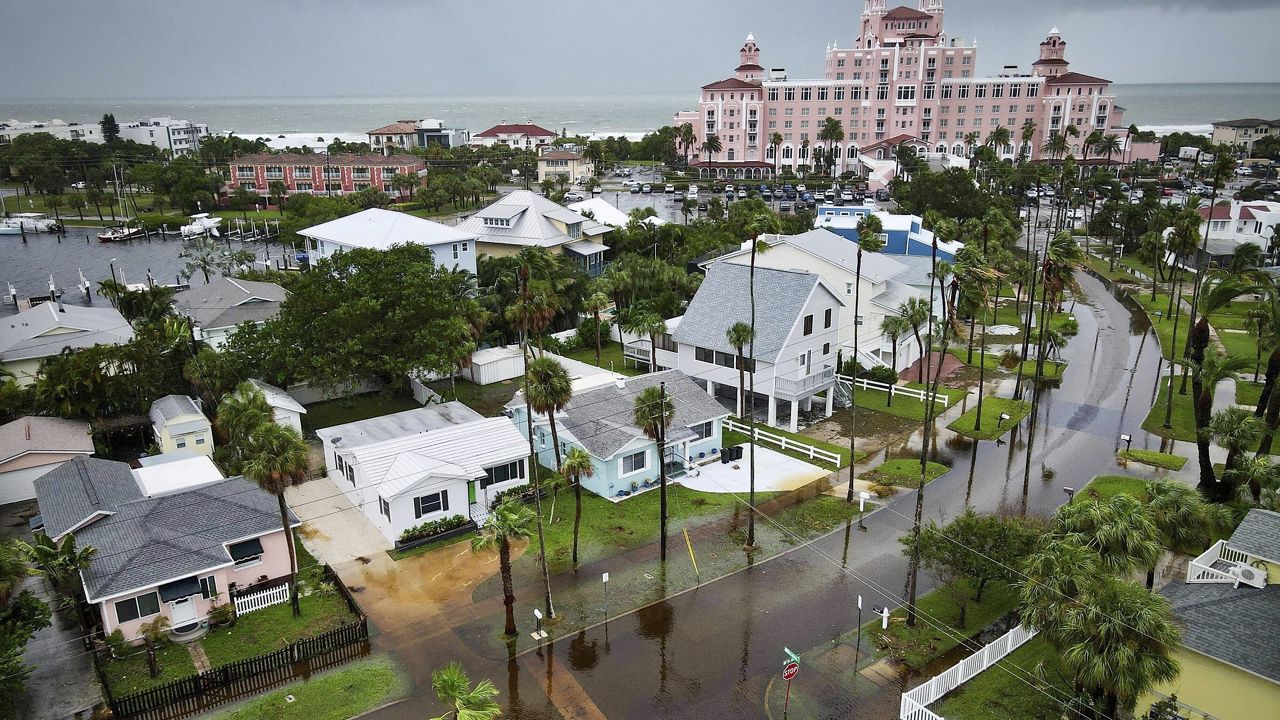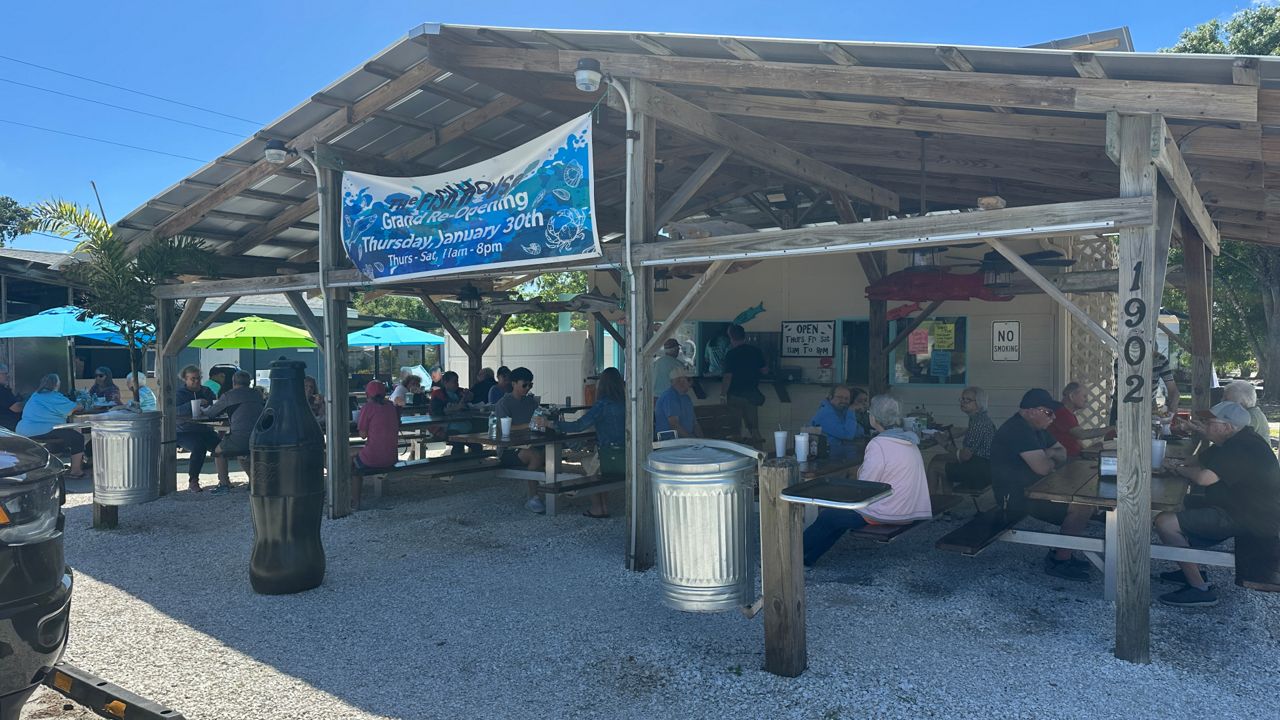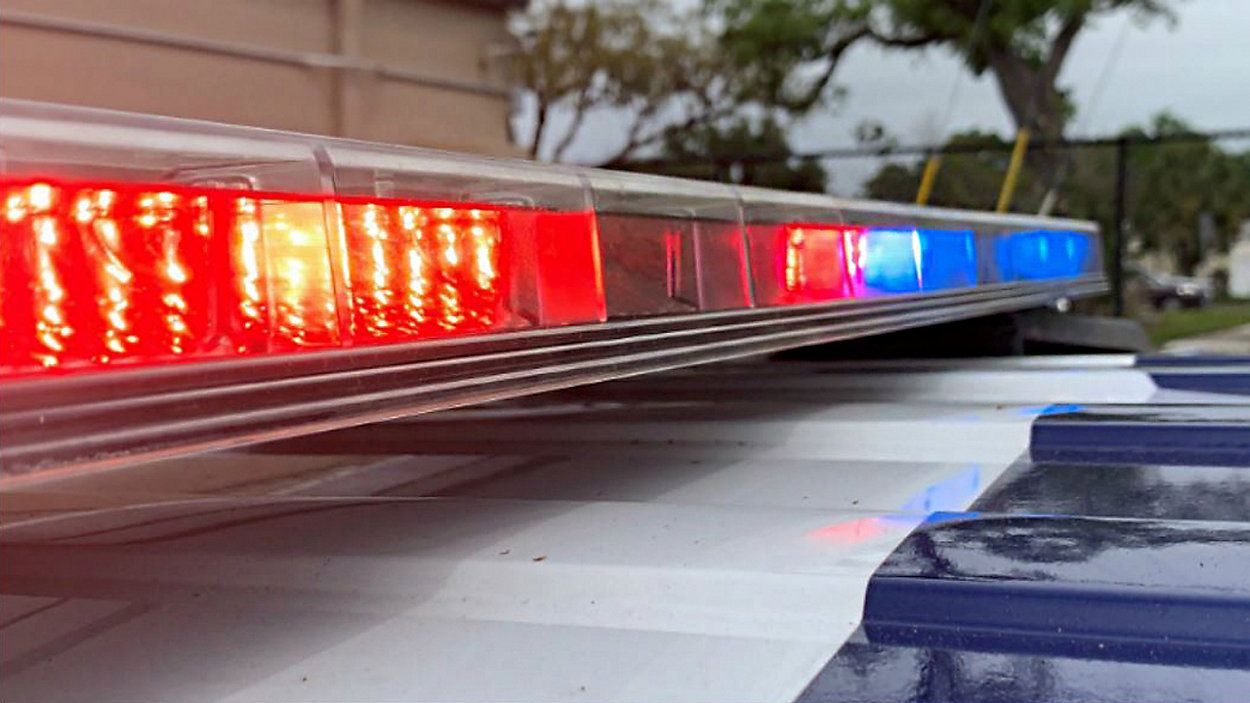The Super Bowl is the single most popular sporting event that Americans bet on every year. Projections from the American Gaming Association before last year’s game predicted that well over $6 billion would be wagered.
What You Need To Know
- Sen. Brandes files legislative proposal, but there are obstacles to consider
- 19 states plus District of Columbia have legal sports gamblings
- More Politics headlines
- SEE ALSO: More Super Bowl headlines
And thanks to the U.S. Supreme Court’s ruling in 2018 legalizing sports betting, the states that have enacted legislation allowing for gambling will get a nice chunk of the tax revenues for those legal transactions. However, that’s not the top reason why St. Petersburg Republican state Sen. Jeff Brandes wants to legalize sports gambling in the Sunshine State.
“Florida has a variety of different ways to sports bet illegally every day,” he told Spectrum Bay News 9 last week shortly before the Pinellas Legislative delegation heard from the community at St. Petersburg College’s Seminole campus. “To my knowledge, nobody has ever been prosecuted for sports betting online, and if we’re going to allow it and we’re not going to enforce a law, then let’s legalize it, and provide a legal pathway for people to engage in activity they’re clearly going to engage in, absent the Legislature acting.”
Brandes has filed a legislative proposal that would authorize sports betting that would be regulated by the Florida Lottery. He’s also filed related bills which sets the sport betting revenue tax at 15 percent and license fees at $100,000, respectively.
However, nothing is that simple when it comes to gambling proposals in Florida. Brandes’ proposal excludes the Seminole Tribe (who own six casinos in Florida, including the Hard Rock in Tampa). The Tribe has exclusive rights of any form of gambling from slots, roulette, blackjack and any other casino game.
And then there’s Amendment 3, the constitutional amendment passed by 71 percent of Floridians in 2018 which says that any expansion of gambling in the state must be approved by the voters.
Brandes has said that Amendment 3 specifically relates to casino gambling, but John Sowinski strongly disagrees. He’s the president of the Florida anti-gambling organization known as No Casinos, and he was the chairman of a political committee that spent tens of millions of dollars to get Amendment 3 passed.
“There are some politicians who think they can do it whatever they want until somebody sues them and wins,” he says. “Unfortunately, we see that far too often in Washington, and we see that far too often in Tallahassee. That basically they’re right until proven wrong in the court of law.”
It’s uncertain if there’s an appetite for any gambling legislation in the Senate leadership.
Though Senate President Wilton Simpson’s office did not respond to our request for comment, a spokesperson for the Pasco County Republican told legalsportsreport.com last month that “President Simpson believes it is important to look at opportunities to maximize revenue for the state of Florida. Discussions continue regarding what is available to us on the private side and also with the Tribe. At this time, the Senate is not at a point where we are prepared to introduce legislation related to these issues.”
Brandes filed similar legislation a year ago. The proposal never was heard in any committee, but he remains undeterred.
“I proposed it last year. I’m going to propose it again this year, because we think it’s the right path forward. And frankly, we’ve got the Super Bowl in Florida here this year. There’s going to be sports betting in Florida, right? It’s just whether the state’s going to turn a blind eye to an illegal activity or create a legal pathway for people to engage in.”
According to legalsportsreport.com, there are 19 states and the District of Columbia that have legal sports gambling, which has generated more than $375 million in tax revenue since May of 2018.









